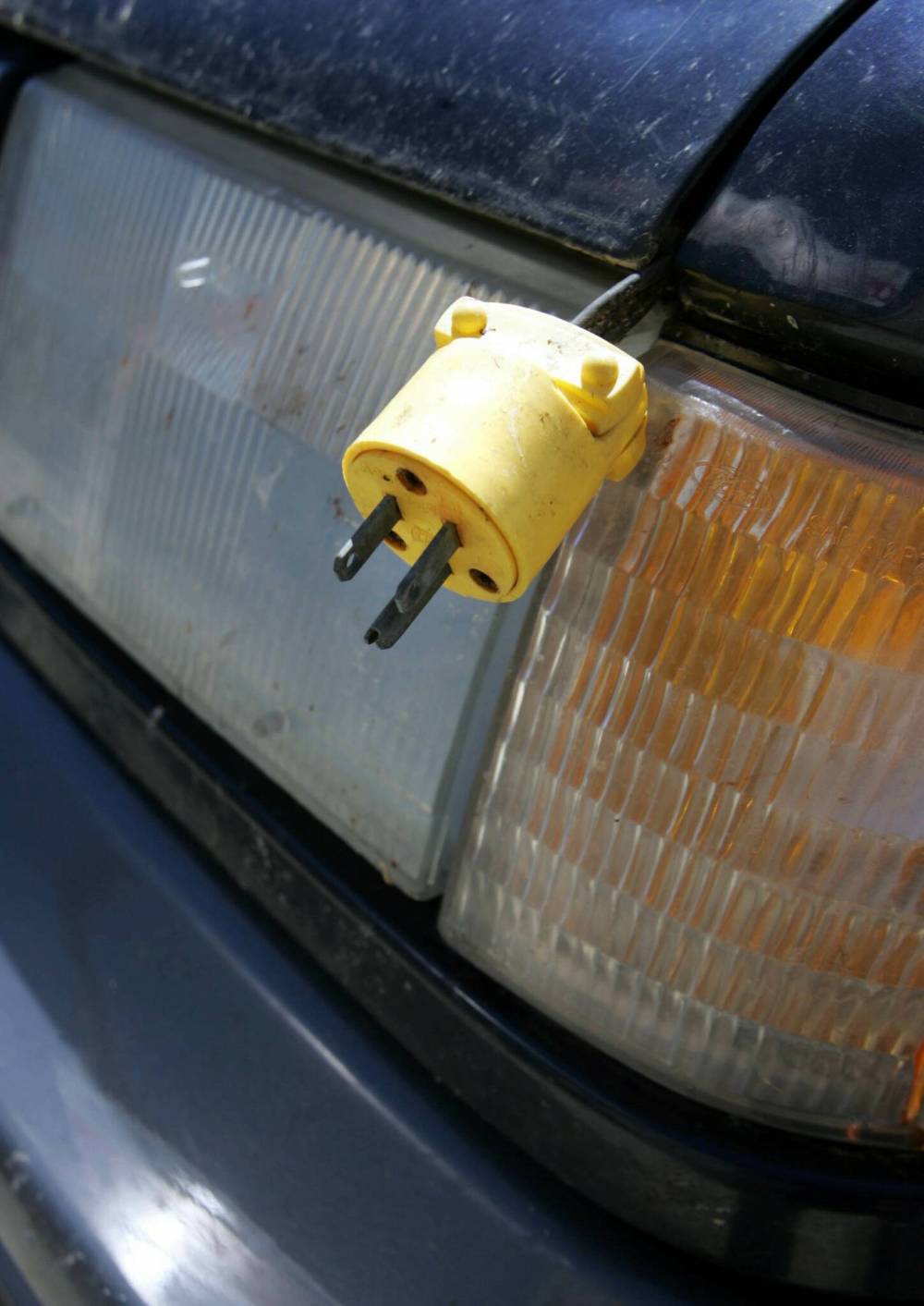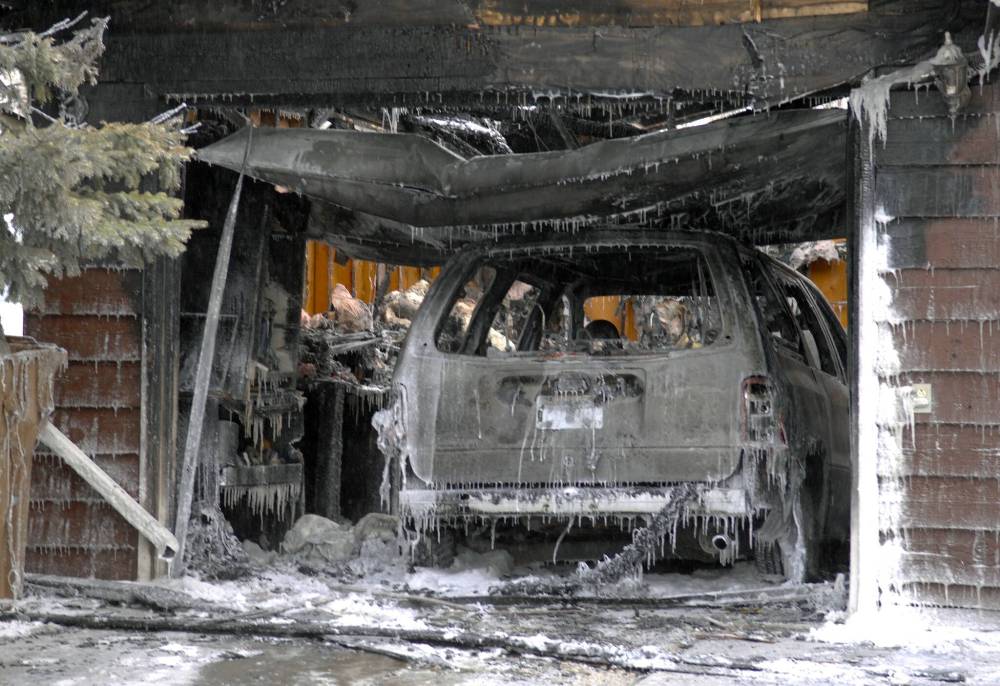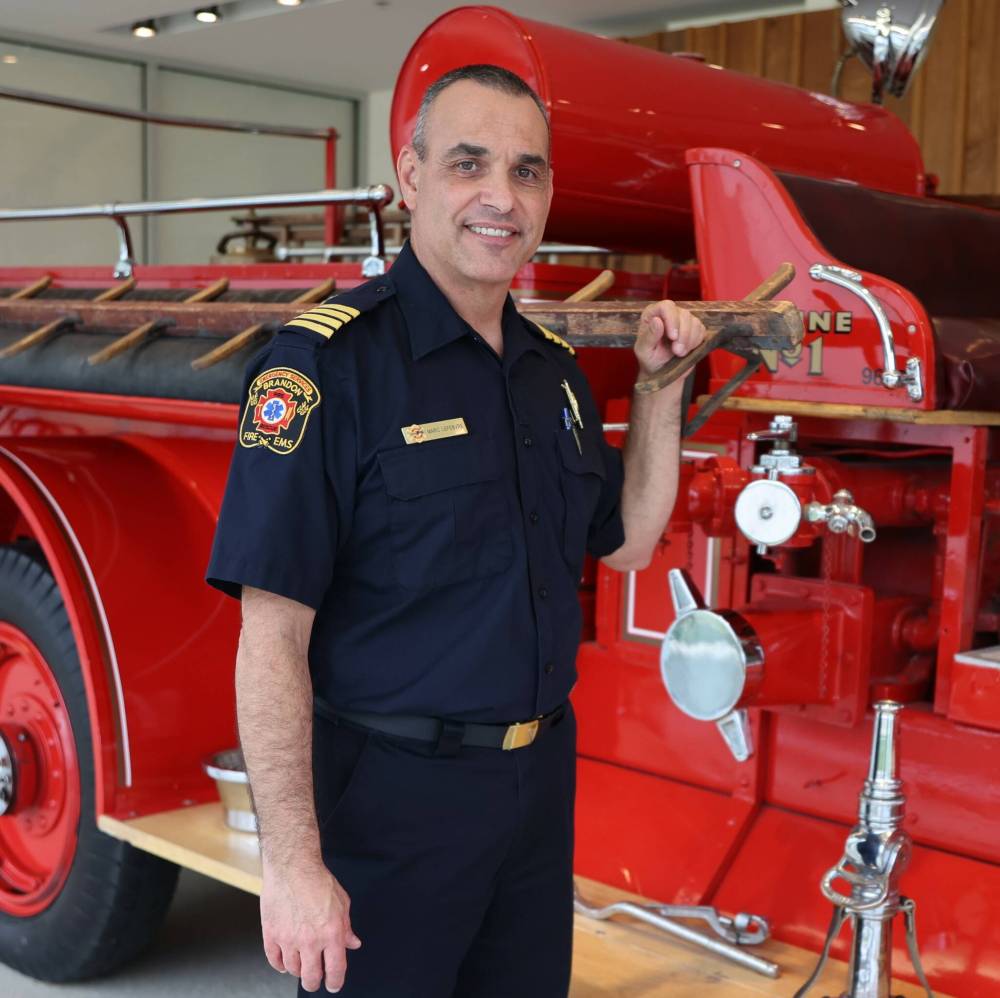Brandonites cautioned against misusing block heaters
Advertisement
Read this article for free:
or
Already have an account? Log in here »
We need your support!
Local journalism needs your support!
As we navigate through unprecedented times, our journalists are working harder than ever to bring you the latest local updates to keep you safe and informed.
Now, more than ever, we need your support.
Starting at $15.99 plus taxes every four weeks you can access your Brandon Sun online and full access to all content as it appears on our website.
Subscribe Nowor call circulation directly at (204) 727-0527.
Your pledge helps to ensure we provide the news that matters most to your community!
To continue reading, please subscribe:
Add Brandon Sun access to your Free Press subscription for only an additional
$1 for the first 4 weeks*
*Your next subscription payment will increase by $1.00 and you will be charged $20.00 plus GST for four weeks. After four weeks, your payment will increase to $24.00 plus GST every four weeks.
Read unlimited articles for free today:
or
Already have an account? Log in here »
Hey there, time traveller!
This article was published 15/01/2025 (376 days ago), so information in it may no longer be current.
Block heaters plugged into extension cords keep many Manitobans’ vehicles running in the winter, but they can be dangerous if not used properly, says Marc Lefebvre, deputy fire chief with Brandon Fire and Emergency Services.
Lefebvre said a vehicle that is kept in a garage doesn’t need to be plugged in. If an extension cord is damaged, it could lead to a serious fire.
“Block heater cords are plugged into the bottom part of the engine block, and being that close to the engine, there could be debris built up on your engine from oil spillage or oil changes,” Lefebvre said.

A block heater plug sticks out from under the hood of a car. Brandon Fire and Emergency Services says people need to be reminded that damaged extension cords that are plugged into block heaters can cause fires. (File)
“So, if you have a damaged cord or a damaged block heater plug in, anything could cause a spark and cause the vehicle to catch fire in the engine bay, and then the fire would grow from there.
“And the garage is closed, then all of a sudden, not only do you have a vehicle fire, but you are potentially going to have a structure fire,” he said.
Lefebvre spoke with the Sun after a similar warning was issued by Manitoba Hydro on behalf of the Winnipeg Fire Paramedic Service.
That city’s emergency and fire crews responded to at least four fires related to block heaters and extension cords in the first week of 2025.
Vehicle owners play a big part in fire safety. People should check extension cords for damage, inspecting both ends, and looking for wear and tear along the entire length of the cord, said Manitoba Hydro’s news release.
If the insulation around a cord is worn out and wires can be seen, safety experts cited in the news release suggested, “Don’t just tape it — replace it.”
It’s important to handle the extension cord with care, Lefebvre cautioned. Pulling on the cord can create an unstable connection.
“When you yank on the cord, you start causing a weak point where the plug is actually attached to the wire,” Lefebvre said.
“The outside covering could get cracked and damaged, exposing the wires. And then with that constant bending, it could cause a short.”

The aftermath of a garage fire that spread to a home in Regina, Sask. Fire investigators said the blaze likely started in a block heater and spread to the home’s roof and attic before being extinguished. Brandon Fire and Emergency Services says people need to be reminded that damaged extension cords that are plugged into block heaters can cause fires. (File)
The extension cord should be replaced if you’ve driven over it, or if it was accidentally pulled out of the socket while driving away.
Don’t overload the outlets or cords, say the experts — keep it to one car per cord and per outlet.
The cord should always be fully extended when in use and never wound up, which could lead to overheating and a fire.
Safety experts also advised users not to run cords under mats or rugs and to make sure they are rated for outdoor use — being mindful never to exceed their wattage ratings.
With more people travelling on snow-covered roads, there is the potential of getting stuck in a snowbank, or backing into one, said Lefebvre, which is why he said he wanted to remind motorists about being aware of the dangers of carbon monoxide.
“If you ever get stuck,” said Lefebvre, “make sure your exhaust pipe is clear of snow, because if it’s blocked, it’s going to look for the path of least resistance and you could have exhaust leaking into the car from underneath.”
“Or if your exhaust system has a crack or a hole, carbon monoxide could seep into your vehicle where you’re trying to stay warm, and that could cause a serious health event for yourself.”
Inside the home, people need to be just as cautious about electrical cords as well as all appliances, added Lefebvre.

Marc Lefebvre, deputy fire chief with Brandon Fire and Emergency Services, is seen at Brandon’s No. 1 Firehall. Lefebvre says people need to be reminded that damaged extension cords that are plugged into block heaters can cause fires. (File)
He advised doing periodic checks to look for frayed cords that should be replaced, because they have the potential to spark a fire if they are placed next to combustible materials.
“Our name of the game is prevention,” said Lefebvre. “Yes, we respond to all kinds of fires, but we want to prevent them from happening.
“We do what we can in a fire response, but we would much rather prefer to go the prevention and education route of preventing a fire so that we don’t have to make a visit.”
» mmcdougall@brandonsun.com
» X: @enviromichele
